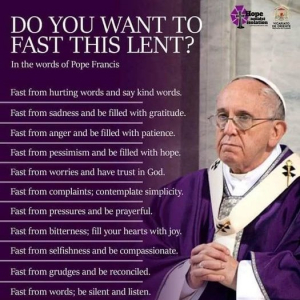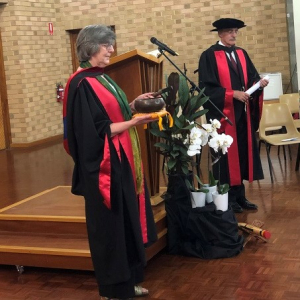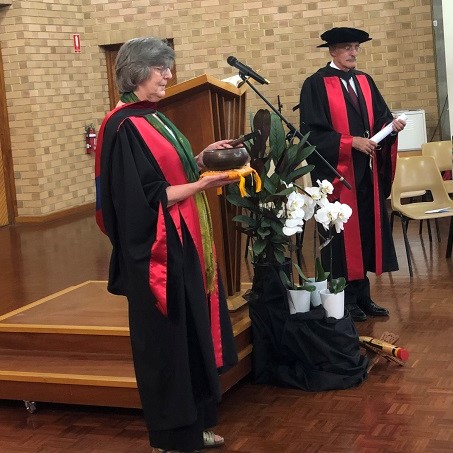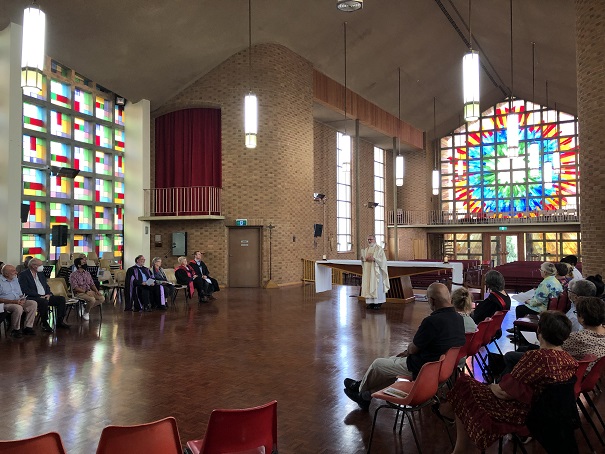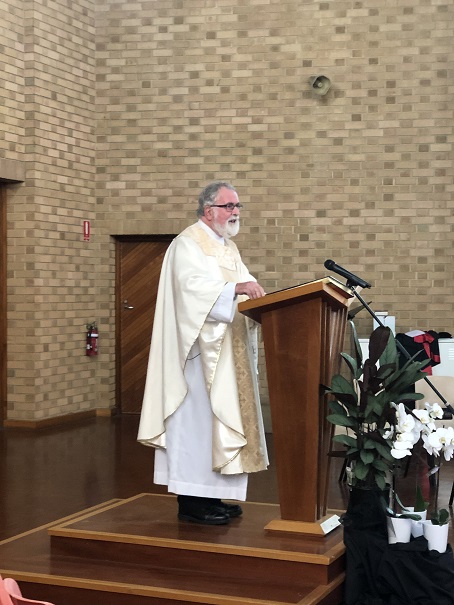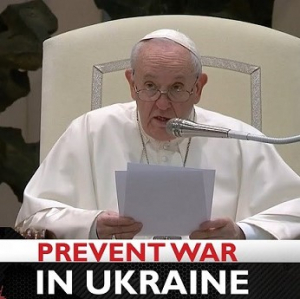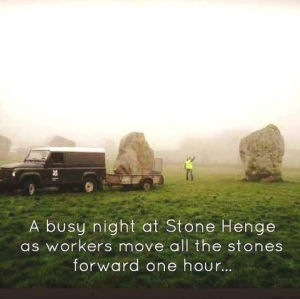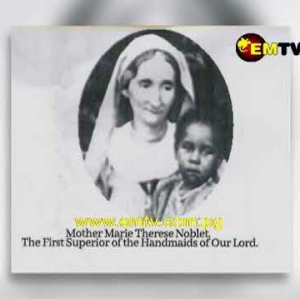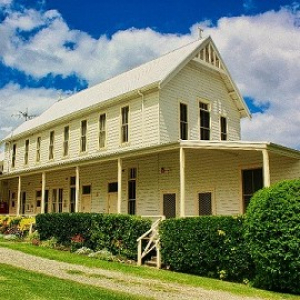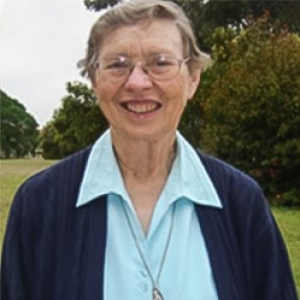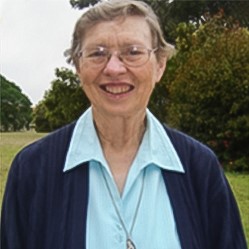Peter MALONE
Riphagen - the Untouchable
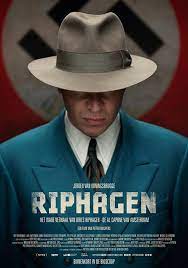
Holland, 2016, 131 minutes, Colour.
Jeroen van Koningsbrugge, Kay Greidanus, Anna Raadsveld, Britte Lagcher, Michel Sluysmans.
Directed by Pieter Kuipers.
For those who enjoy World War II stories, not so much on the war front but behind the scenes.
This is a Dutch story – and can be linked with Paul Verhoeven’s Black Book as Well Is the story of the art dealer, and his swindling of Herman Goering, The Last Vermeer.
Audience response to the film will differ as to whether they knew the story of Dries Riphagen or not. For those who in the know, he had a criminal background, some years in the United States, linking up with the Nazi authorities in Amsterdam, pretending to be a saviour for the Jews while swindling them of their money and possessions and sending them to the camps. For those not in the know, the screenplay has some suspense because we are introduced to Riphagen and his encounters with the Jews, seeming severe, but then being lenient, seeming to help them, photos with them, documents to guarantee the return of their possessions after the war.
However, he is unmasked. Jeroen van Koningsbjrgge (who resembles the photos of Ricphagen himself) is a sinisterly persuasive performance. We see him in action with the Nazi authorities, with the Jews, especially an old woman who relies on him and whom he betrays, a waitress with whom he has an affair and then marries.
But, this is also the story of a young police officer, part of the Resistance, but a member of the police force. He becomes entangled with a young woman who becomes a witness against the Jews to protect herself and her family.
With the unmasking of Riphagen, there is the character of Sanders, who built up a large archive documenting activities during the war, was asked to handed over to the authorities after the war, but is ambitious and possessive of his archive. He is played by Riphagen who escapes, is pursued by the young policeman – with unexpected consequences.
Worth consulting Google to find out more about Riphagen, his escape, going to South America, his subsequent activities.
- Holland, Amsterdam, a World War II story, German occupation, collaboration, resistance, persecution of the Jews?
- The Amsterdam setting, 1943 – 1945, the German presence, occupying the main buildings, the police squads, hunting the Jews and confiscating wealth, sending Jews to concentration camps? The Dutch resistance groups, hiding and saving use? Traitors and collaboration? The musical score?
- The title, Dries Riphagen? The introduction to him, working with the occupation government, the raids on homes and locals hiding Jews? The discovery of the woman, his offer to save her, her giving him the information, her wealth, the people coming for interviews, taking their jewels and money, the written contracts, his being photographed with the different people? His promise to save them? To return their wealth after the war? The ironies of the being sent to concentration camps? Esther, her work with him, her asking to be saved, to Antwerp, to England? The police arriving, his betrayal of her, her stabbing herself to death, the photos? The irony of the St Christopher medal, and his giving it to his wife, and it’s finally being his exposure?
- Riphagen, his lifestyle, going to the restaurant, the waitress, her sister, his approach to her, the house, the bullying man and his violence towards him? The relationship with the waitress, marriage, her pregnancy, happy life and style, the visit to Luxembourg and his depositing the jewels in the photos?
- Jan, in the police, his story, relationship with Albert, his commander? Yet his connection with the Resistance? The various personalities in the group, their work, their plans? His getting information?
- Betty, arrested, giving the information, Lages and his command, hold over her, her being involved in episodes, ingratiating herself with the Resistance, Jan and his attraction towards her, the plan for the escape of the resistance members, Jan on the information, Betty and her betrayal, the photos, used against her? Interrogations? Return to Amsterdam, the threat to her parents?
- Sanders, his character, intensity, his collecting documents, his archive? Connections with the Resistance? Information about Riphagen, about Jan? The end of the war, the government officials wanting his archive, his resistance, self-protection, vanity and pride? His not believing Jan? Apprehending Riphagen, interning him, the interrogations? Finding Betty, her testimony, being neutral? His associate, keeping with Hagen and his wife at his house? His secret support of Riphagen? His disgrace, loss of his archive?
- Jan, his being blamed, in the police, the officials? Getting information about Riphagen, tracking him down, shooting him, thinking he was dead? His survival? Return to Amsterdam, to his wife?
- Jan, young, police, conscientious, the resistance, his relationship with his wife, tensions, the attraction to Betty, his return home, stronger bonds with his wife?
- Rihagen, his way with words, shrewd, able to argue and persuade? Quick thinking? His influence on Sanders? On his assistant? His escaping from the room, listening in to discussions, making the phone calls? His friends who had escaped? Then turning on him? His later giving information about them to the authorities?
- The broadcast, the Allies coming into Holland, the Germans leaving, the full information, the return?
- Persuasive about his escape, Sanders’ assistant and the visit to Luxembourg, getting the jewels and money, but the assistant keeping the photos, their role in unmasking him?
- His escape, the plan, to ring his wife, Jan and the assistant trying to persuade her of his guilt, her belief in him, not wanting lies, the St Christopher medal, the photo of Esther dead, her medal? His wife keeping her calm, and string the phone, leading him on?
- Jan, with information, going to the friary, the confrontation with Riohagen, his smooth talking, reversing the roles, the gun, killing Jan?
- The information for the aftermath, where Riphagen escaped to, in Europe, to South America, returning to Europe, the warrant for his arrest but his being dead in Switzerland 15 years earlier?
A Lenten First Friday, mindful of prayer and fast for the Ukrainian people under attack
A Lenten First Friday, mindful of prayer and fast for the Ukrainian people under attack
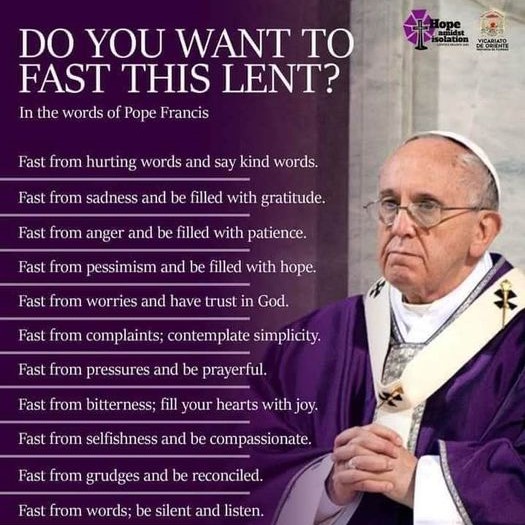
“The one who makes war forgets humanity. He doesn’t look at the concrete life of people, but he puts before this all the partisan interests of power. He entrusts himself to the diabolical and perverse logic of arms, which is farthest from the will of God, and he distances himself from the ordinary people who want peace.” Pope Francis on Ukraine under attack.
50th Anniversary of the Yarra Theological Union – the MSC were one of the founding cogregations.
50th Anniversary of the Yarra Theological Union – the MSC were one of the founding cogregations.
At the inaugural Mass for the opening of the Jubilee year, Chris Monaghan CP, YTU President announced, formally, with Carmel Posa, Sister of the Good Samaritan, a proclamation of the year and celebrations.
MSC students were present 50 years ago, including Bob Irwin, John Rate, Phil Hicks, Peter and Paul Guy, Pat Dodson, John Mulrooney, Leo Wearden, Des Holm, and on the staff, Walter Black, Peter Hoy, Peter Malone, John Bosman, John Flynn. (Malones have been on the staff list for the 50 years, Peter from 1972-1998, Philip from 1999-2021!)
Peter Malone was celebrant and paid tribute to staff of the past, teachers, administration, men and increasing number of women, to the students, lay women and men since 1974, library and maintenance and, in recent years, especially with the reliance on Zoom, many international students. (The photo making the celebrant look like Santa Claus with glasses and vestments.)
Photos by our regular site photographer (and for the MSC Australia Vocations’ Facebook page), Trieu Nguyen MSC.
And, in this 50th year, Trieu is the Secretary of the YTU Students Representative Council.

There will be more occasions and posts throughout the year.
Ash Wednesday 2022, Day of Prayer and Fasting for Peace – and close to the people of Ukraine.
Ash Wednesday 2022, Day of Prayer and Fasting for Peace – and close to the people of Ukraine.
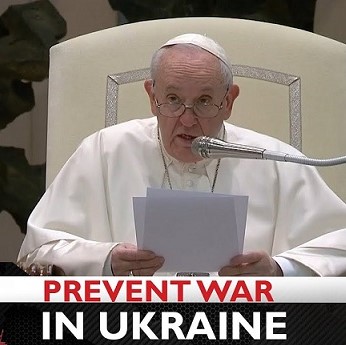
“It is a day to be close to the suffering of the Ukrainian people, to be aware that we are
all brothers and sisters, and to implore God for an end to the war.”
Pope Francis made a heartfelt appeal for peace in Ukraine at his public audience in the Vatican on Feb. 23 as the situation continued to deteriorate between Russia and Ukraine. He appealed to the consciences of “those with political responsibility” and “all the parties involved” to “refrain from any action that would cause even more suffering to the people, destabilizing coexistence between nations and bringing international law into disrepute.”

Pope Francis called on all people, “believers and nonbelievers alike,” to pray and fast for peace next Wednesday, March 2, which for most Christians is also Ash Wednesday and the beginning of Lent. “Jesus taught us that the diabolical senselessness of violence is answered with God's weapons, with prayer and fasting,” the pope said. “I encourage believers in a special way to dedicate themselves intensely to prayer and fasting on that day.”
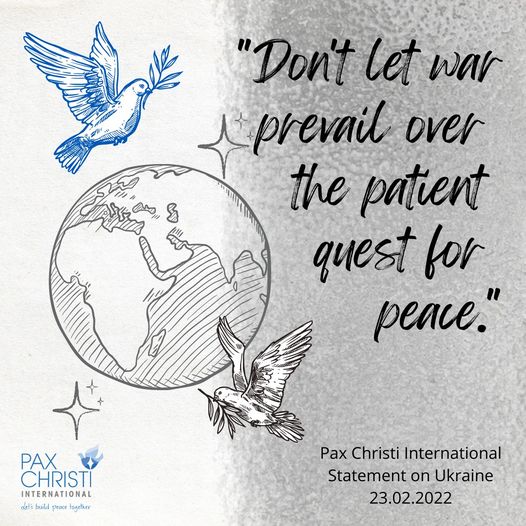
Our sympathy and support for Ukrainian Australians – and for Mykola Bychok CSsR who is the bishop of the Ukrainian Catholic Eparchy of Saints Peter and Paul of Melbourne since June 2020.
Cheerful before Lent – the tradition of joy with Shrove Tuesday, Mardi Gras, Carnival
Cheerful before Lent – the tradition of joy with Shrove Tuesday, Mardi Gras, Carnival
A smile before Ash Wednesday – which will be a day of prayer and fasting, urged by Pope Francis, for the suffering in Ukraine.
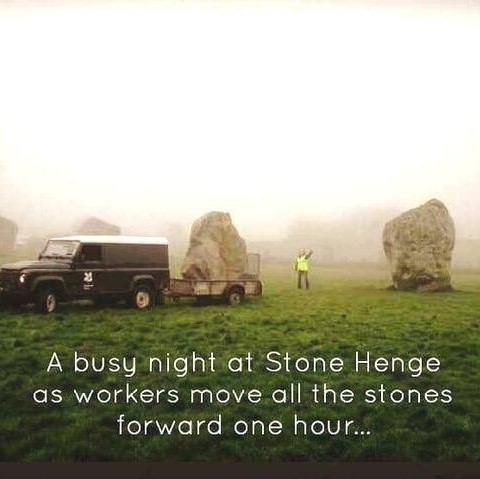
Most of us enjoy wordplay -







Some Significant March Days for the Chevalier Family 2022
Some Significant March Days for the Chevalier Family 2022
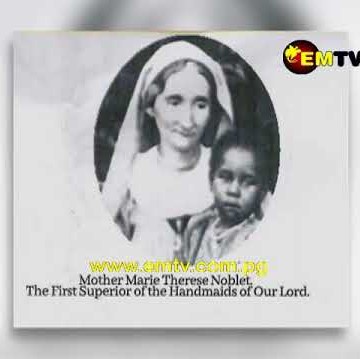
March 25th has many entries, a significant day. It includes the foundation of the Handmaids of the Lord in 1918 by Archbishop Alain de Boismenu MSC.
MSC Sister have quite a number of significant March days, including the foundation and some mission outreaches.
The item of March 17th is a reminder of the attacks on religious by the Nazis.
And some saints who have not appeared here before. March 5th and 10th.
5 March, 1877
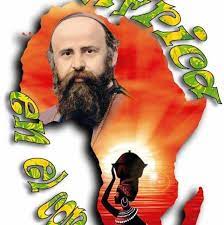
During a stay in Rome, Father Chevalier met Don Daniel Comboni, founder of the Combonian Missionaries of the Sacred Heart of Jesus and pro-Vicar of the mission of Central Africa, who had consecrated his large Vicariate to Our Lady of the Sacred Heart on 8 December, 1875.
9 March, 1906
The first Superior General of the MSC Sisters is elected. She is Sister M. Franziska Fleige.
10 March, 1865
The 'Pious Union', a movement centred on devotion to the Sacred Heart and founded by Blessed Louise Thérèse de Montaignac de Chauvance (1820-1885), becomes a Third Order of the MSC Congregation. It is a Third Order for women without vows and is associated with the MSC Congrégation until March, 1874.
12 March, 1965
The first two German MSC Sisters leave Hiltrup, Germany, to establish a foundation in Korea. They arrive on the 24 March, 1965 and the next day, 25 March, 1965, is the Foundation Day of the Korean Mission of the MSC Sisters.
As of December 31, 2011, there are 193 professed members in the Korean Province
as well as enthusiastically committed lay members.
15 March, 1824
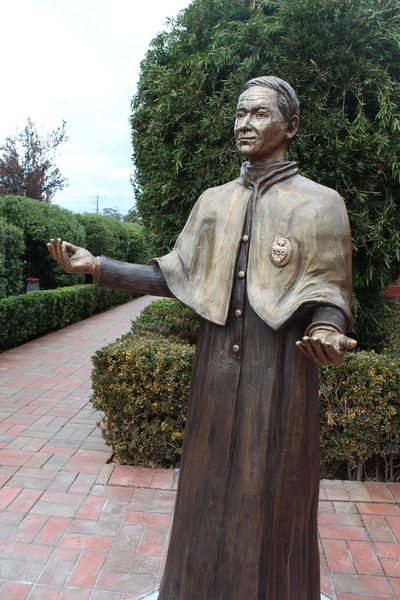
Jules Chevalier is born in Richelieu, France. The following day he is baptized in the parish church, "Notre Dame", at Richelieu.
17 March, 1935
MSC Sisters and a Third Reich injustice story:
Mother M. Electa, Superior General of the MSC Sisters, and the Procurator General, Sr. M. Gerberga are arrested by the Gestapo in Hiltrup. They are falsely accused of trafficking foreign currencies by Joseph Goebbels, Minister of the Propaganda of the German Third Reich. Mother M. Electa will be released from prison one year later, on the 18 March, 1936.
17 March, 1943
Three FDNSC, three MSC from Manus, PNG, eight MSC from New Ireland, PNG,
together with 39 SVD missionaries and Holy Spirit Sisters, are killed at sea between Kavieng and Rabaul, PNG, during the Japanese war in the Pacific.
18 March, 1900
Father Alain de Boismenu is ordained Bishop in Montmartre, Paris.
20 March, 1886
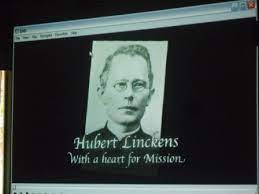
Remembering thst 2022 is the centenary of his death - Father Hubert Linckens, MSC, who becomes historical founder of the MSC Sisters,
is ordained at s'Hertogenbosch, Netherlands.
25 March, 1859
Construction commences on the Basilica in Issoudun.
25 March, 1882
Marie Louise Hartzer enters the FDNSC Congregation in Issoudun after a lengthy period of discernment.
The once thriving new community established in 1874, by 1882 does not show signs of growth, in fact, quite the opposite!
However, Marie Louise is very much attracted by the charism of Jules Chevalier so she decides to enter the small community.
She becomes the First Superior General.
25 March, 1901
First Profession ceremony of 10 MSC Sisters in Hiltrup.
25 March, 1918
Foundation of the Congregation of the Handmaids of the Lord in Papua New Guinea by Monsignor Alain de Boismenu.
25 March, 1977
Foundation Day of the Indian Mission of the MSC Sisters.
28 March, 1937
Father Heinrich Kellner, MSC, from the North German Province dies in captivity in China.
Remembering the longtime MSC Profession Date
Remembering the longtime MSC Profession Date
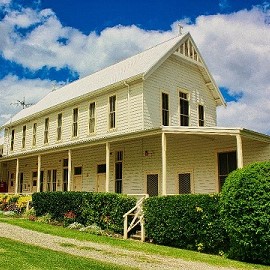
From early years, the profession date for MSC student and brothers was February 26th, time to make a retreat, celebrate professions and then move to the start of the academic years. (There was another possibility for profession for brothers, August 5th – as Fr Power used to say, “Our Lady’s Little Snows”!)
So, today, many anniversaries, many novitiate memories, some serious, some hard, some funny – some not so funny then or now. But a congratulations day.
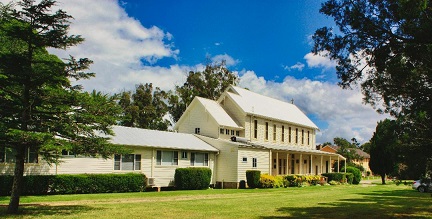
Thanks to John Walker for the photos over the years but, especially these recent photos of the Ark and the Lifeboat and the Chapel where we made our vows. And making the Ark and Lifeboat look better than they ever did in real life.
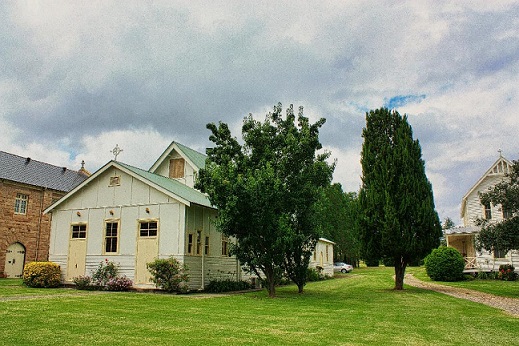
Some congratulatory nods to Peter Harvey-Jackson, 65 years, and Keith Humphries and Paul Jennings, 60 years.
Rest in Peace. Sr Margaret Jennings fdnsc (12.11.1934 - 5.2.2022).
Rest in Peace. Sr Margaret Jennings fdnsc (12.11.1934 - 5.2.2022)
We Missionaries of the Sacred Heart offer sympathy and prayer to our Sisters – and to Paul MSC, John and the other members of Margaret’s Jennings family.
"The love of the Heart of Jesus will be our light, our strength, our guide and our support." - Fr Jules Chevalier 1892
These words from our Founder, Jules Chevalier capture well the driving force behind our Sister, Margaret’s life: to trust totally in the love of Jesus and follow him with enthusiasm and generosity. On Saturday, 5th February Marg gently slipped into the loving embrace of the one who had been her light, her strength, her guide, throughout her 87 years. She was in her 67th year of her religious profession.
To Marg’s siblings, Kathy, Paul, John, Loretto and Peter and their families and all her relatives and friends, who loved her so much and are deeply saddened by her death, we offer our deepest sympathy and the support of our prayers. You know well her deep love for you, her pride and joy in you, and her gratitude to you. We also offer sympathy to those who join via live streaming us from around Australia and the world.
Marg, as we affectionately knew her, was born in Mudgee, NSW, on 13th November 1934, the second of eight children of James and Gertrude Jennings. Marg’s family meant everything to her, and she was very close to her parents and seven siblings. She had a special bond with her grandmother, whose example of faith in action had a deep impression on her. At the age of nine the family moved from Cudgegong to Home Rule, close to Mudgee.

Here her mother had a country Post Office and her father worked on one of the mines until he had an accident and lost the sight of one eye. After that, he did farm work. After school each day, Marg cared for the Post Office so her mother could attend to her home duties. She soon learnt to do office work: to answer the phones, receive and send telegrams, attend to the mail, sell stamps and do banking etc. Although just a young woman Marg completed all her tasks with her usual enthusiasm and generosity.
Marg completed her secondary education as a border at St Joseph’s College, Perthville. While at Perthville, Marg felt a call to be a missionary sister. In her Leaving Certificate year, she went to Sydney having found out about the Marist Sisters and the Daughters of Our Lady of the Sacred Heart. Her cousin took her first to Kensington because she knew how to get to the races at Randwick! Margaret was met by Mother Gerardine, Mother Concepta and Mother Brendan and she told them she was looking for sisters who had three qualities: devotion to the Sacred Heart, devotion to Mary and she wanted to go to the missions. She was assured of the first two but was told very clearly that the latter might not happen. Our ever-decisive Marg, with her absolute confidence in the one she loved replied: “I will. That’s what God wants!’’
Her parents, especially her father, objected to her entering the following year and so she went to work at the district hospital in Gulgong. Here she learnt many things including taking temperatures and even giving injections and this experience stood her in good stead when she went to PNG. Eventually her father allowed her to enter and so, on 31st May, 1953, he drove her to the Novitiate at Hartzer Park. Marg often told the story, that when it was suggested by Mother Columcille that she take the name Sr Leonard, Marg was not happy with this. When they went outside her father said, “Young lady, this is the first thing you are asked to do and you say “No”. Go back inside and tell her you will”.
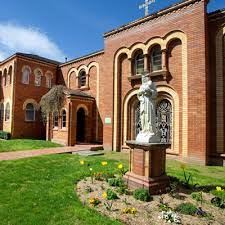
Marg was professed on 6th January 1955 and that year she commenced her primary teacher training at Kensington. On completion she taught at St Paul’s, Bentleigh and in 1958 her dream of becoming a Missionary was realised and Marg began a journey of the heart which took her to Milne Bay (or Eastern Papua as it was then known as) in Papua New Guinea. Here she taught in primary schools on various island outstations. This also meant supervising the PNG teachers. In 1963, she was appointed to teach in the primary school at Sideia. Then it was decided that the Milne Bay children should be offered the opportunity of attending high school, so Marg, and some MSC priests, commenced a high school at Sideia which lasted there until 1969. In 1970 Marg was a founding member with some MSCs of the newly erected Hagita High School. This co-educational boarding school had to be built up from scratch. The students came from the many islands of the Milne Bay Province and because it was difficult for them to return to their island homes and come back in time for school, most of the students boarded at the school from February to December.
It was constant work, which Marg loved. Many remember Marg as, a woman of God and a loving person who did a lot for Papua New Guinea, especially in the Milne Bay Province. As a former student aptly puts it: ‘When someone you love becomes a memory, the memory becomes a treasure … We will always remember this person … Sister Margaret Jennings OLSH. Kaiyoni’.
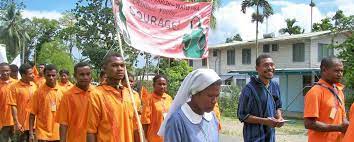
In 1985 Marg was appointed Headmistress at Papitalai High School at Manus Island and here she worked with Rotary groups who came from Australia to construct the school buildings. Marg was friendly and interested in people and so she formed many close friendships with these Rotarians.
From 1980 to 1997 Marg took on leadership roles in the Province, being Area Superior of Milne Bay Area, Rabaul Area and Port Moresby. This involved lots of travel to visit sisters on the outstations as well as the closure of the Convent in Rabaul after the volcanic eruption. During this time, she was on the Provincial Council.
In 1999, after 41 years in PNG, Marg returned to the Australian Province and in the next eleven years she was involved in a variety of apostolates. She became the Social Justice co-ordinator for the Australian Province , she was also involved in migration and refugee work with IARC in Surry Hills. Marg studied part-time as a Spiritual Director and this gave her great joy. When moving to Blacktown in 2008, Marg became involved in weekly visits to the Women’s Dillwynia Correctional Centre. Marg had a great respect for the women she accompanied and some of the women continued visiting Marg after they had left prison and to some, she gave Spiritual Direction for some years. She was also involved in prison visitation at Villawood Correctional Centre. Her gentle way with people, her humour, her wisdom were appreciated by many.
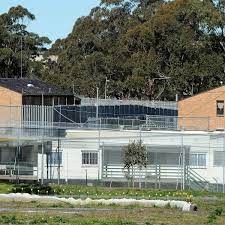
In 2016 Marg moved from Blacktown to Maristella community at Kensington. As her health failed, in May 2020, she went to St Joseph’s Aged Care Facility where she was lovingly cared for.
Marg was always very interested in people and as well as being a school teacher, Marg was always a teacher, always explaining things, and we loved her for it!
Marg was a courageous missionary, compassionate woman of heart who drew her strength from her deep desire to love as Jesus loved, excluding no one, especially the poor and marginalised who held a special place in her heart.
We thank God for the many gifts given to Sr Margaret. We will be ever grateful to James, Gertude and the Jennings family for the gift of Marg to our Congregation!
We thank you Marg for your welcoming heart, your deep spirituality, beautiful presence and warm smile. May your courageous soul rest in peace.
Crypto

CRYPTO
US, 2019, 104 minutes, Colour.
Beau Knapp, Luke Hemsworth, Jill Hennessey, Alexis Bledel, Kurt Russell, Vincent Kartheiser, Malay Rivera Drew, Jeremie Harris.
Directed by John Stalberg Jr.
Cryptocurrency was a popular theme for exploration in the late 2010s. And, with a focus on Bitcoin, this continues.
However, while this film does explore aspects of cryptocurrencies, is also a film about money-laundering, the involvement of banks, personal integrity of those responsible for keeping accounts and investigations, links with Russian gangsters and consequent violence.
Beau Knapp plays the central character. He is not the most charismatic of actors which undermines the impact of the drama – although, his presence and portrayal are probably accurate in depicting this kind of bank official. Luke Hemsworth plays his brother with PTSD and Kurt Russell is their rough father, an independent and stubborn farmer.
- The title? The status of cryptocurrency? Bitcoin? By the end of the 2010s? Subsequently? For financial dealings? For criminal use? Money-laundering?
- New York, business offices? The contrast with small towns, banks, art galleries, shops? Farms and spreads? The musical score?
- Martin, age, leaving home, relationship with his father, memories of his dead mother, his brother serving overseas, PTSD? Work on the bank, with Robin, the investigations, the presentation to the board? His being transferred? Robin’s support? Going to the local bank, not popular, his status in the town? His friendship with Will, going to the shop, Earl and his revelation of his technology, investigating the cryptocurrencies? His discoveries?
- Martin, his investigations, the assistant at work, going to the Gallery, the encounter with Katie, meeting Penelope, her seductive dress and style? Going to see Janice, her subsequent death? Ted Patterson, his relationship with Penelope? With the Gallery? His meeting with Martin, the threats?
- Life in the town, the bar, the antagonisms, Caleb and his confrontation with his brother? Martin going to the farm, to meet his father, the millions dollar offer and the refusal, the reasons? The invitation to work? Martin finally going to work with his father and brother?
- Uncovering further plots and schemes, documentation, technology? Earl, talking, drinking, the confrontation in the store, the Russian name? His further investigations, sending the computer and video? His death?
- The atmosphere of the opening, Martin driving, his father, the computer stick? Resuming the sequence again, rescuing his father, Bo appearing with the gun, the contact with the police, the FBI, Katie member of the FBI? The rounding up of the criminals?
- Martin returning to New York, presentation of the information to the board, the encounter with Robin – and her arrest?
- 21st-century financial drama – with cryptocurrencies?
Tu Hijo, Your Son
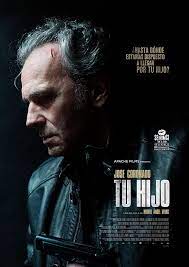
TU HIJO/ YOUR SON
Spain, 2018, 103 minutes, Colour.
Jose Coronado, Ana Wagener, Asia Ortega, Pol Monen, Ester Exposito, Sergio Castellanos, Luis Bermejo.
Directed by Miguel Angel Vivas.
The central character of this strong Spanish drama is an accomplished surgeon. He is of the old school, strict, somewhat alienated from his wife, severe on his young daughter, but idolising his son. They are seen jogging together, talking together, the symbol of promise.
News comes of his son being beaten, very severely, hospitalised. And the beating was captured on a phone. The police are not particularly cooperative, working within the limits of the law and of witness testimony. Which means then that the surgeon, becomes more arrogant and self-righteous and takes the law into his own hands, getting clues from his son’s friends who target a young garage attendant and the surgeon attacks, then is arrested and allowed out on bail. But he organises a hitman, father of one of his young patients in surgery, to attack the son of the nightclub owner.
The manager of the nightclub at the centre of the attack also comes to plead with the surgeon.
So, there are three fathers and three sons.
The drama becomes more intense. The surgeon is even more alienated from his wife. His daughter brings his son’s former girlfriend to see him and reveals a different sordid story. There are flashbacks, and disillusionment for the surgeon.
- The title? The focus on Jaime? The father with the sick boy in hospital? The nightclub owner and his son?
- The setting, the city, homes, hospital and surgery, nightclubs, poorer areas? The city, the streets, the open spaces, the water? The musical score?
- The focus on Jaime, at home, his hours, surgery, the operation on the boy, the anxious parents, the strong-minded father? His own home, the strained relationship with his wife? His daughter, resenting his interference? His love for Marcos, running together, the gift of the sneakers? His hopes for Marcos? And the relationship with Andrea?
- The news of the beating, the later visuals, the brutality, kicking Marcos, the brutality on his face? In hospital, support systems? His father’s reaction? Dismay, appalled, not showing anything emotionally? The contrast with his wife and daughter?
- The police, not having much information? Being bound by regulations?
- Jaime deciding to investigate himself? The surveillance footage? Identifying Marcos and friends? The discussions with Pedro? The information about the assault being filmed? Identifying the young man at the service station, dyed hair? Jaime pursuing him, knocking him down, taking his phone? The young man phoning the police? The police charging Jamie, his wife arriving, bail?
- The issue with Andrea, breaking with Marcos, Jamie confronting her? His daughter and their friendship? Eventually bringing Andrei out to meet her father, the phone and the video, the revelations?
- The owner of the nightclub, approaching Jamie, asking him to back off? His own son? The revelation of the sun, and the beating of Marcos?
- Going to see Juan? The domestic background, brutality to and his wife and son? The sun in hospital and Jamie talking with him? The discussions, hiring him to beat Raoul? The money, the gun? The nightclub owner, confronting Jamie, returning the gun and the money, hammering his hand?
- Jamie going to the club, following Raoul, into the toilets, accosting him, killing him? The consequences?
- Obsession, revenge, vigilante mentality, the consequences?
